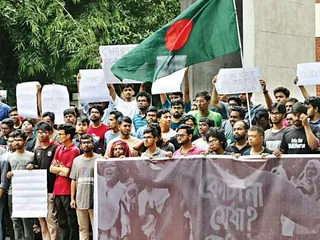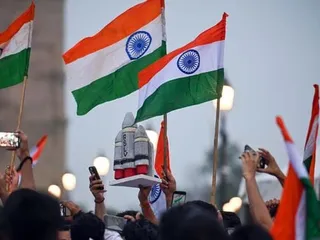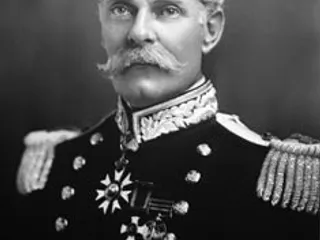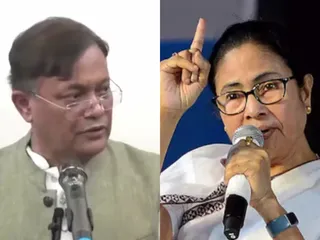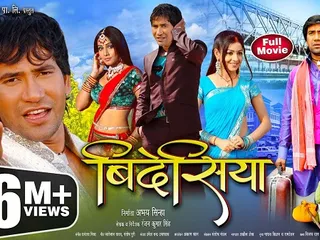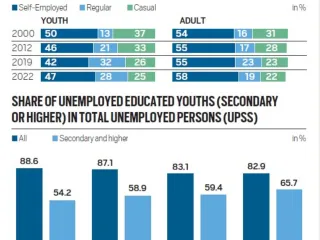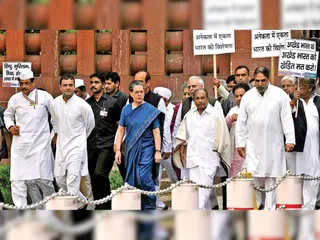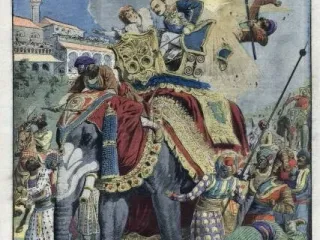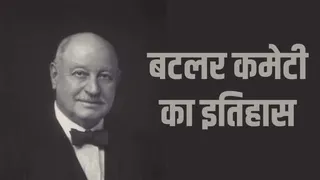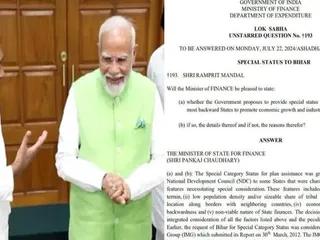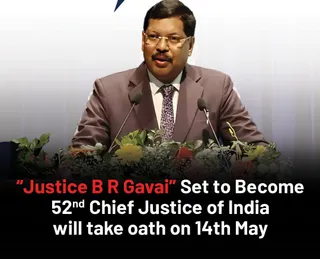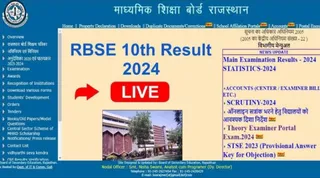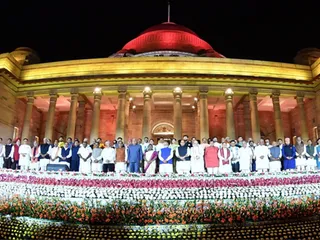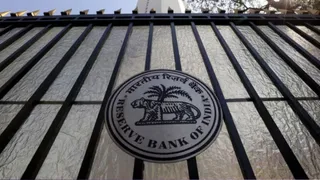Bhagat Singh (1907-1931) remains one of the most iconic figures in India's fight for independence. More than just a freedom fighter, he was a revolutionary thinker, socialist, and writer whose ideas continue to inspire generations. His unwavering commitment to complete independence and his radical methods cemented his place in history as a powerful symbol of resistance against British colonial rule.
Born into a family of Sikh revolutionaries in Punjab, Singh's early life was heavily influenced by the injustices of the British Raj. Witnessing the Jallianwala Bagh massacre in 1919 profoundly impacted him, fueling his dedication to overthrowing the colonial regime. He joined the Hindustan Republican Association (HRA), later renamed the Hindustan Socialist Republican Association (HSRA), a revolutionary organization aiming to establish a socialist republic in India.
Singh's involvement in several significant revolutionary acts solidified his reputation as a daring and committed activist. His participation in the assassination of John Saunders, a British police officer mistakenly believed to be James Scott, the Assistant Superintendent of Police involved in Lala Lajpat Rai's death, demonstrated his willingness to employ extreme measures to achieve his goals. This act, though controversial, brought the revolutionary movement to the forefront of public consciousness. The subsequent Lahore Conspiracy Case, involving the bombing of the Central Legislative Assembly in Delhi, further showcased his radical approach and conviction.
Beyond his revolutionary actions, Singh was a prolific writer and thinker. His writings, including essays and pamphlets, articulate his socialist ideology and his vision for an independent India. He advocated for complete independence, critiquing both the moderate and Gandhian approaches. He believed in a radical transformation of society, emphasizing the need for social and economic justice alongside political freedom. His insightful analysis of the flaws within the colonial system and his powerful articulation of alternative social structures greatly influenced the future trajectory of Indian political thought.
Singh's execution in 1931 at the age of 23 became a rallying point for the Indian independence movement. His unwavering courage in the face of death transformed him into a martyr, inspiring countless individuals to join the struggle. His legacy extends far beyond his short life; his ideas and actions continue to resonate with activists and thinkers globally. He remains a potent symbol of resistance against oppression and a reminder of the sacrifices made in the pursuit of freedom and social justice.
Understanding Bhagat Singh requires delving into his writings, his actions, and the historical context in which he operated. Studying his life offers a crucial insight into the complexities of India's struggle for independence and the evolution of revolutionary thought in the early 20th century.


